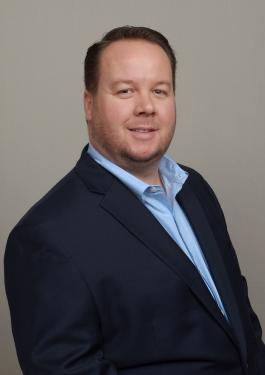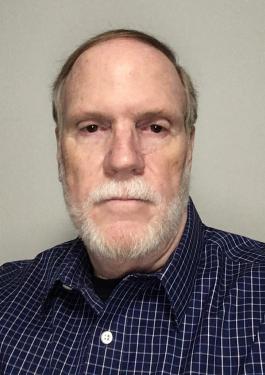Artificial Intelligence enhances laboratory testing with the launch of Bureau Veritas’s Augmented Labs
The latest innovation in laboratory testing services has arrived. Meet Charles, the AI behind the Augmented Labs at Bureau Veritas.
Testing services help a variety of industries meet essential regulatory and quality assurance standards, ensuring peace of mind for businesses and consumers alike. As technology advances, testing must keep pace.
Bureau Veritas, which offers testing services at more than 400 laboratories worldwide, has been at the forefront of this movement with the creation and implementation of Augmented Labs. These labs use digital assistants, or Artificial Intelligence (AI), to help technicians analyze data samples. The AI program CHARLES®, designed in partnership with Microsoft and its Azure platform, serves as the forerunner for the launch of Bureau Veritas’s AI Augmented Labs.
AI improves laboratory testing in two major ways. First, it accelerates the testing process, analyzing thousands of data points faster than the trained human eye. Since much of the data analysis performed in laboratory testing is repetitive and time-consuming, doling out simpler tasks to AI makes analysis quicker and easier. This allows lab technicians to focus on more sensitive testing issues - such as analyzing abnormal or critical samples, those of greatest concern to clients - and thereby offer more useful insights and recommendations.
Secondly, AI has the power to learn as it works, so as to recognize sample patterns more quickly and accurately over time - which is crucial for testing services. Because machine learning is not rule-based, but factors in correlations and permutations, it retains the flexibility to allow for various interpretations.
Having already processed thousands of samples, Charles renders reports with a high degree of confidence.
Charles and similar AI programs address concerns relevant to a variety of sectors. For instance, the mining industry relies on testing services in mineral sector exploration to determine the chemical properties of their ore. “Artificial intelligence enables Bureau Veritas to predict mineralogical composition, in addition to chemical and physical properties of samples with a simple infrared spectrophotoscopy test, at just a fraction of the original cost” says Global Technician Manager Dr. John Carter. “The process uses the same sample already being submitted to the laboratory for other routine test work.” Thus AI-assisted minerals testing can save valuable time while reducing expenses.
Originally, the Charles AI program—developed in Atlanta, Georgia, and named in honor of a Senior Data Analysts who devoted over forty years to working with Bureau Veritas—began monitoring oil conditions for industrial fleets. It scanned lubricant samples taken from trucks, loaders and mechanical diggers for potential risks—such as the presence of wear or contamination —to ensure client machinery remained in optimal working condition. With the introduction of AI, the Atlanta lab could analyze upwards of 400,000 samples each year.
What’s more, the success of Charles is replicable. Data scientists are presently working to scale and deploy its AI technology—with Charles serving as the template for the development of additional AI programs. With a strong and growing presence of Augmented Labs, Bureau Veritas will continue to provide high-quality assessment services to even more businesses, which translates to safer food, a cleaner environment and more reliably and efficiently tested consumer products.

